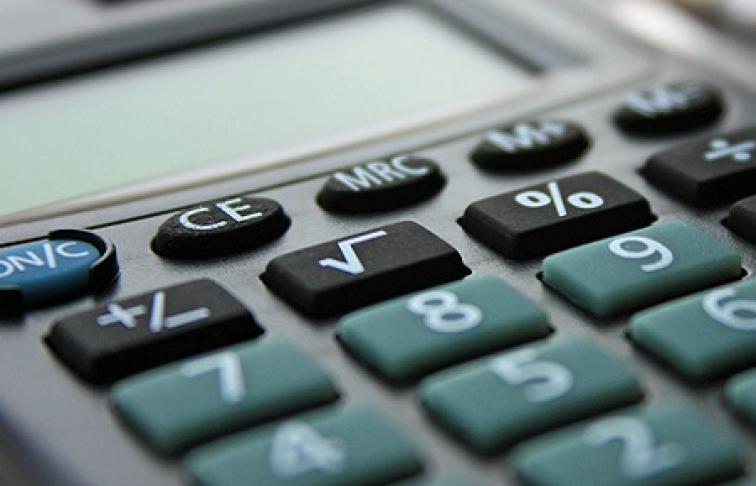Our Educate A Child International Fixed Term Deposit empowers education for marginalised and vulnerable children.


The main concern was a fall in income (73%); a third of the people surveyed (32%) are using savings to cover living costs, and a fifth of people (22%) said they are struggling to pay bills. Separate analysis from the Centre for Economics and Business Research (CEBR) estimates that disposable income earned by UK households (adjusted for tax and benefits) was 17% lower in Q2 2020 than in Q1. This equates to a monthly fall in disposable income of £515 per household – caused by a mix of job losses, cuts to pay or hours, and being placed on furlough.
There’s never been a better time to take a good look at your finances to identify what you did well last year, and where you could make positive changes in 2021.
Know your outgoings: This is an essential first step in any financial planning. You need to be honest about your regular outgoings and determine what you actually spend instead of what you’d like to spend. Take time this month to know what your outgoings are and review your bank statements for the past year – what did you typically spend money on? Just the act of pulling this information together can help you identify ways of reducing costs and getting better value for money on essentials, such as utilities and phone contracts.
The Money Advice Service has an online budget planner that guides you through your expenditure and provides you with an instant spending breakdown that you can print or download. It also offers sound advice about where to save money. You can find out more here.
If COVID-19 has impacted your finances positively, for example, if you’ve been working from home and saved money on travel or lunch, will you be able to maintain this when your work life returns to normal? Even as the vaccine rolls out, the experts are unable to predict when our work life will return to normality, so it may be prudent to review your outgoings every month and adjust your financial plan if needed.
If COVID-19 has negatively impacted your finances, the Money Advice Service can help you find out what you can do and where you can go for help. You can find their information and guides here.
Know your incomings: Often it’s much easier for people to calculate what they have coming in, but you may be entitled to benefits and tax credits; they’re not just for the unemployed. Here is a 10-minute online check you can use to see if you qualify.
Each year up to £3.5bn of Pension Credit and Housing Benefit goes unclaimed by older people. Some benefits, like the Winter Fuel Payment, are entirely dependent on age - and not at all related to income. So, if you or one of your relatives are an older person you can find out more information here.
Plan for large expenses: COVID-19 permitting, what does 2021 hold for you? Are you planning to go on Hajj in July? Or attending a family wedding? Can you anticipate how much you’ll need for Eid? For celebrations? Estimate a realistic figure so you can budget for these large outgoings now.
Plan for unforeseen expenses: Unexpected costs can send even the best-laid financial plans awry. For example, an emergency household repair bill, your car failing its MOT or a large utility bill. Planning ahead will give you a buffer to protect against financial difficulties arising from unexpected costs. A good rule of thumb is to have three months’ essential outgoings available in an instant access savings account for emergencies. You can find out more information about Al Rayan Bank’s Instant Access savings accounts here.
Maximise your profit: The financial plan you’ve put together for 2021 will help you determine how much you could save each month; you’ll be surprised how quickly you your savings add up.
Before the fiscal year ends on 5 April 2021, try to take advantage of your Individual Savings Account (ISA) allowance, which is set at £20,000. However much or little you can put away will earn you tax free profit and the 2021/2022 allowance will start again on 6 April. You can find out more about Al Rayan Bank’s range of Sharia compliant ISAs here.
If you can put your money away for a period without needing to access it, then a Fixed Term Deposit account will generally give you better expected profit rates. You can find out more about our Fixed Term Deposit accounts here.